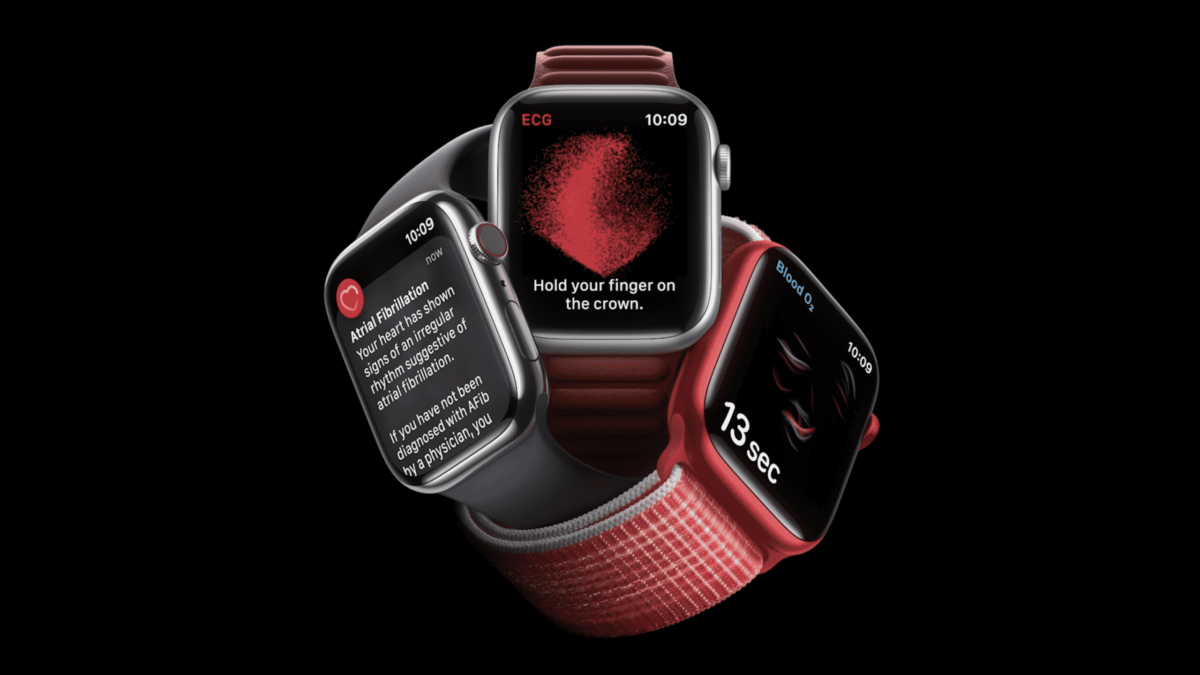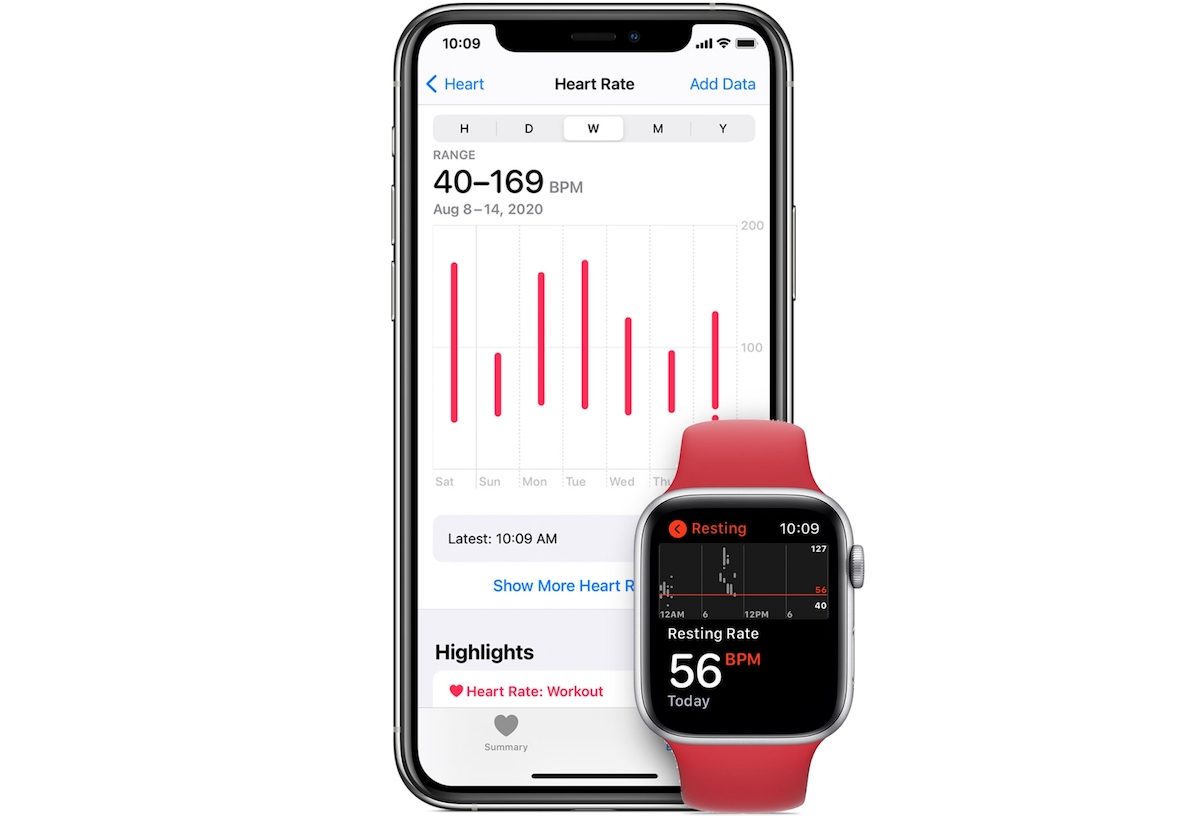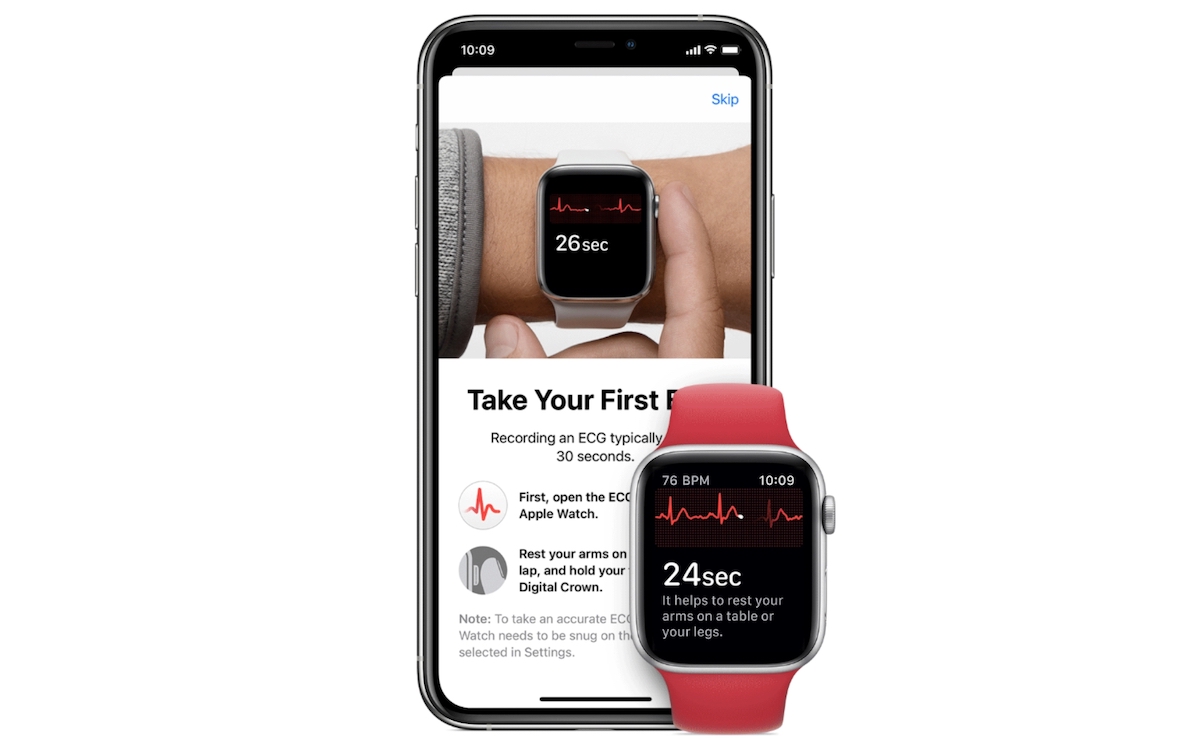Apple Watch’s growth as a wearable is centered around its effectiveness as a health monitoring device and multiple stories prove that it’s also a life-saving device.
Hour Detroit reports that an Apple Watch’s AFib led to the discovery of a very rare cancer, neuroendocrine, in a 12-years old girl.

The Heart app on the Apple Watch Series 4 and newer can detect and alert users of high or low heart rates and irregular heart rhythms or AFib. Atrial fibrillation (AFib) is a chronic heart condition when the upper chambers of the heart heat are out of sync with the lower chambers and if left untreated can result in heart failure or blood clots.
According to the CDC, approximately 2% of people younger than 65 years old and 9% of people 65 and older have AFib. Irregularities in heart rhythm become more common as people get older. Some individuals with AFib don’t experience any symptoms. Others experience symptoms that could include rapid heartbeat, palpitations, fatigue, or shortness of breath.

Mother of 12-year girl credits Apple Watch for helping her daughter get timely treatment
As per the report, Jessica Kitchen noticed her daughter, Imani Miles kept receiving abnormally high heart rate alerts on her Apple Watch one night. As it had never happened before, Kitchen took Imani to the hospital where removed Imani’s appendix and found that she had a neuroendocrine tumor on her appendix, “very rarely seen in children.”
Thanks to timely detection, Imani successfully underwent further surgery to get tumors removed because it has spread to other parts of her body. Kitchen said:
“If she didn’t have that watch, it could have been so much worse. If [the watch] didn’t go off, I probably would have just waited and taken her in the next couple of days.”

Recently. Apple Watch’s ECG app detect AFib and saved a woman’s life and the Heart app helped a woman discover her early pregnancy. João Bocas, aka The Wearables Expert, one of the world’s top thought leaders in wearable tech.
“Wearables play a crucial role in supporting people to build better health behaviors. Wearables on their own will not be a miracle, but with the combination of human effort they can improve well-being.”
In watchOS 9, the tech giant has introduced AFib History on compatible models.